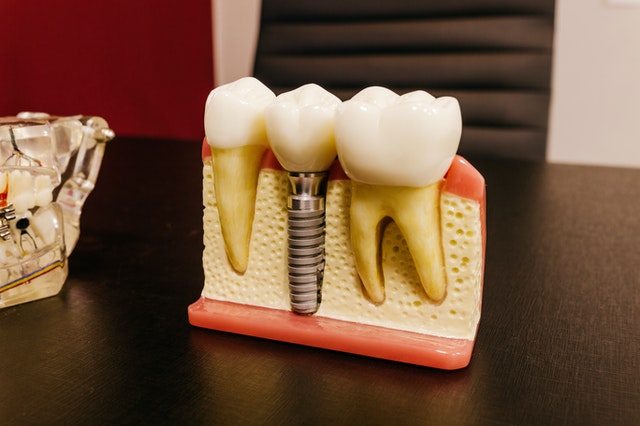Your oral health and your overall health are closely connected. Conditions such as tooth loss can impact your general health and self-esteem.
Without all your teeth, it might be difficult to eat certain foods, leading to poor nutrition. If you are missing too many teeth, you may notice as well that your lower facial structure begins to change, and you may start to appear older than you really are. Your risk of infections also increases when you have missing teeth, and an oral infection could spread to the rest of your body.
Fortunately, there are solutions for missing teeth. Dental implants and dentures are two restoration options that have helped boost the confidence of countless people who have lost teeth.
Are dentures the right choice for you?
Dentures are removable artificial teeth available incomplete or partial sets. They are most popular among persons who are missing sets of teeth instead of a single tooth and are less costly than dental implants. With the application of advanced technology, dentures are now made to appear more natural than ever. However, an important consideration for people using them is that dentures must be properly fitted. They may be secured with the use of recommended adhesive to prevent embarrassing circumstances where they fall out while the user is eating or speaking. Improperly fitted dentures can lead to infections or tooth decay. Regularly cleaning your dentures is critical, and where there is significant wear, they should be replaced.
How about dental implants?
Dental implants may be the best option for users who want to feel as though they never lost a tooth in the first place. Dental implants are permanent teeth replacements that have become popular alternatives to dentures.
A dental implant is a titanium root that is inserted into the jawbone. After an implant has been placed, a crown is added to replace the missing tooth.
Although dental implants are a preferred restoration method, they are more expensive than other tooth replacement options. You might also require a bone graft before you are a suitable candidate for dental implants.
When you lose a tooth, your jawbone starts to deteriorate, leading to a condition known as bone atrophy. If you suffer from bone atrophy, a bone graft will be used to strengthen the jawbone, so there is a solid base to hold the implant. Following a bone graft, you must wait several months before you can receive a dental implant unless you only need a minor graft. In that case, the bone graft may be done at the same time as the implant. Once a dental implant has been placed, it will hold the jawbone in place to prevent further deterioration.
While they are relatively expensive and often require multiple procedures, dental implants can last a lifetime and will save you money in the long run. Dental implants are also easier to maintain than dentures and resemble natural teeth so closely that the only way to tell a person has had implant restoration is by doing a dental exam.
Making the choice
It is always a good idea to have a discussion with your dentist before deciding whether to use dentures or dental implants. Your dentist can guide you to make the right choice based on your circumstances.
Provo dental implants
If you believe dental implants are the right choice for you and are looking for an implant specialist in Provo, visit us at Sundance Implant and Periodontal Center. We specialize in individual implants and full arch restorations for those who are missing many or all their natural teeth.
Give us a call today to schedule an appointment or if you have questions about our dental implant services.


